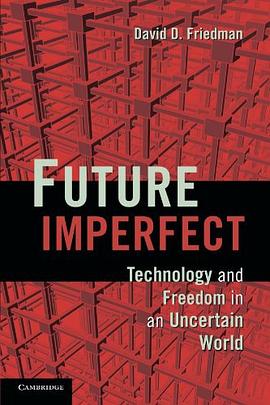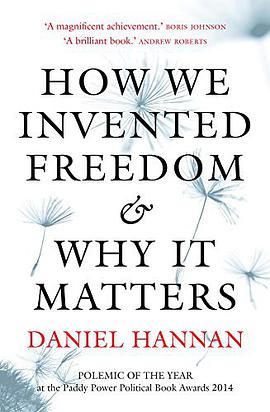The Logic of Liberty 豆瓣
作者:
Michael Polanyi
Liberty Fund
1998
- 7
In this text, the author argues that organisations -- or governments -- based solely on the methods of science threaten to foreclose a full human knowledge of the mysteries of existence and therefore pose a direct threat not only to academic freedom but also to social and political liberty.










